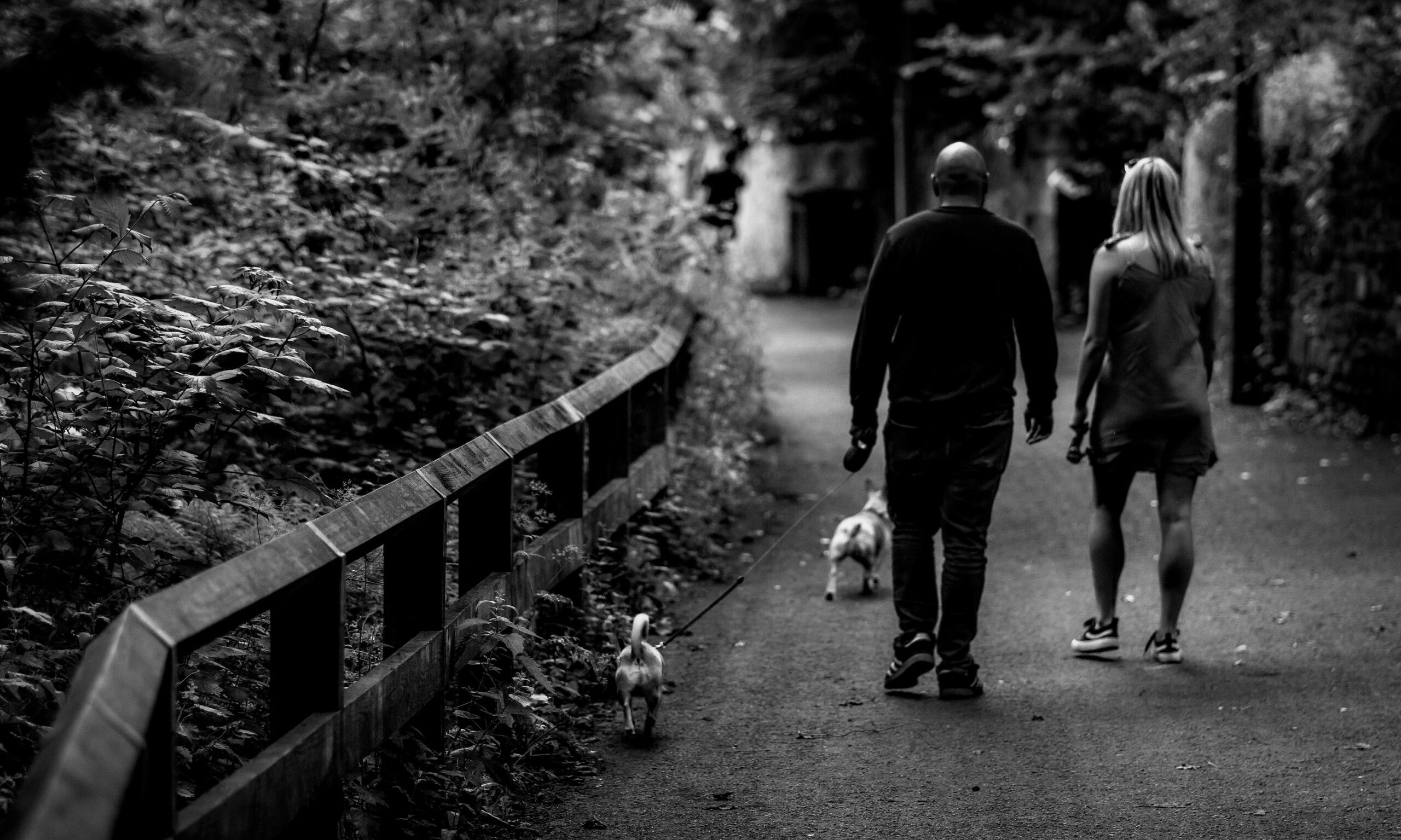Why Healing Takes Patience and Care
Every person walking through a slow recovery from gambling addiction has a story. Some speak of sudden collapses, others of years of hidden battles. What unites them all is this: healing rarely happens overnight. It unfolds gradually, layer by layer, as people learn to rebuild trust, stability, and peace. This is Sarah’s story.
Please know that some links on High Stakes Healing are affiliate links. This means we may earn a commission if you make a purchase, at no added cost to you. These small contributions allow us to provide articles, tools, and support to those in recovery, while recommending only the resources we genuinely value.
Meet Sarah – 38, Nurse, Brisbane, Australia
Sarah never thought of herself as someone who would unravel. She worked twelve-hour shifts as a nurse, managed the care of dozens of patients, and had always carried herself with quiet strength. But gambling entered her life in an unassuming way, and slowly, it consumed her.
“It didn’t happen in one dramatic moment,” Sarah recalls. “At first, it was just a few nights on the pokies after work. A way to turn off my brain. But months turned into years. I didn’t notice how far I had drifted until I hardly recognized myself.”
The Slow Burn of Damage
Sarah’s gambling was not a single explosion—it was a quiet erosion. A little money here, a small lie there. Then, bigger debts, heavier shame, and growing distance from her family. She appeared composed at work, but inside, she felt hollow.
“I told myself I was fine because I wasn’t falling apart in public. But I was collapsing in private. It took years of denial before I could admit the truth.”
The damage went far beyond her bank account. It chipped away at her confidence, strained her relationships, and left her unsure of her own judgment. By the time she reached out for help, she realized that only a slow recovery from gambling addiction could match the years of damage she had endured.
Take Control of Your Finances
Gambling often leaves financial confusion behind. PocketSmith helps you organize your money, track debt, and plan ahead with clarity. It’s a powerful step toward rebuilding stability in recovery.
The Impatience of Healing
When Sarah finally broke down and sought therapy, she expected results quickly. She had the willpower to make life-or-death decisions at work—surely she could push through this. But recovery resisted her timelines.
“I thought a few weeks of therapy would fix me,” she admits. “But I was wrong. Just as the damage took years to build, slow recovery from gambling addiction needed time. It wasn’t about forcing myself to be ‘better’—it was about learning patience.”
Learning Patience and Gentleness
Instead of demanding instant results, Sarah began taking smaller, more sustainable steps toward healing:
- Creating a debt repayment plan that was realistic instead of punishing.
- Working with a counselor who helped her address shame and secrecy, not just money.
- Building self-care routines—journaling, long walks, and sleep instead of late-night pokies.
- Rebuilding trust with her family one honest conversation at a time.
These weren’t dramatic breakthroughs, but each step carried meaning. Sarah began treating herself the same way she treated her patients—with compassion and gentleness. That shift was vital for slow recovery from gambling addiction.
The Turning Point
The biggest change came when Sarah stopped asking, “Why am I not healed yet?” Instead, she started asking, “What can I do today to care for myself?” That question marked the true start of her slow recovery from gambling addiction—a shift from chasing instant fixes to embracing steady progress.
That mindset transformed her journey. Recovery stopped feeling like a race she was losing and became a rhythm she could live with. Slowly, she noticed fewer urges to gamble, a steadier financial footing, and genuine laughter returning to her life.
“I realized healing isn’t a straight line,” she says. “It’s a circle of falling, learning, and rising again. That’s what slow recovery from gambling addiction really looks like.”
Build discipline and momentum in your recovery
If motivation fades easily, GoalsWon Coaching gives you structure, routine, and daily encouragement from a coach who keeps you accountable every single day.
Where Sarah Is Now
Today, Sarah is far from the secrecy that once consumed her. Her finances aren’t perfect, but they are stable. She no longer hides bank statements or avoids phone calls. More importantly, she has rebuilt her self-worth.
“I used to think recovery meant perfection. Now I know it means showing up, even when progress is slow.” For Sarah, slow recovery from gambling addiction became not just about stopping harmful behaviors, but about reclaiming her whole self—mind, body, and spirit.
Final Reflection
Sarah’s journey reminds us that gambling addiction doesn’t destroy life in one moment—it chips away gradually. And so does healing. Slow recovery from gambling addiction may feel frustrating at times, but it mirrors the way damage builds: steady, quiet, and deeply transformative.
“Healing took time, but so did the damage,” Sarah says. “I had to learn to be as patient with myself in recovery as I was reckless with myself in addiction.”
Explore More Stories of Healing
If Sarah’s story spoke to you, these reflections may also help:
- Spouse Gambling Recovery: Learning to Trust Again
- Recovery Podcasts and Apps that Support Self-care Choices
- Life Beyond Gambling Addiction: Hope, Healing, and Renewal
- When Gambling Addiction Impacts Your Partner
Build a Strong Foundation for Recovery
Recovery isn’t just about quitting — it’s about building new habits and supports. Visit our Recovery Tools & Resources page to find tools, apps, and guides to help you rebuild life after gambling.





